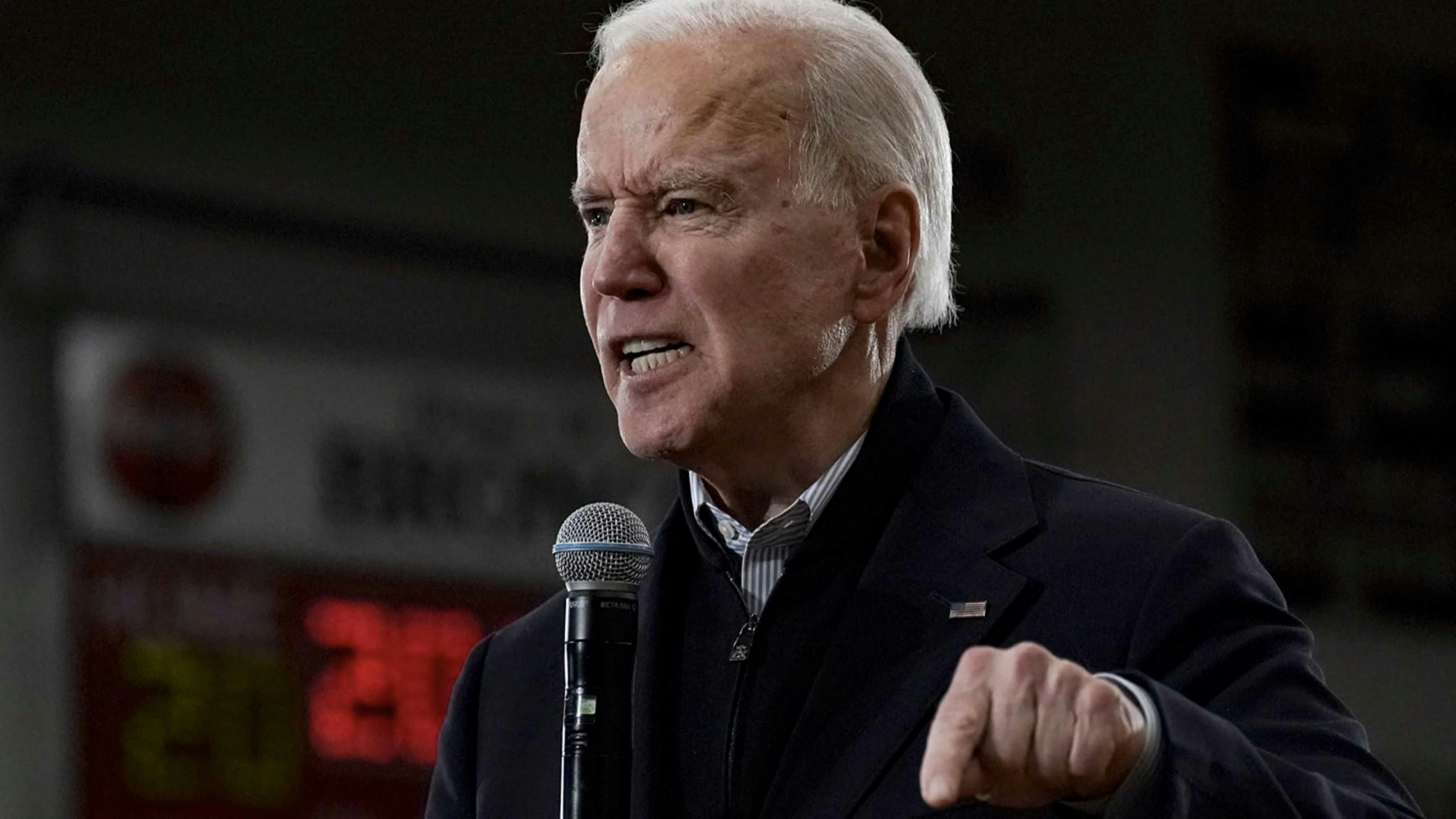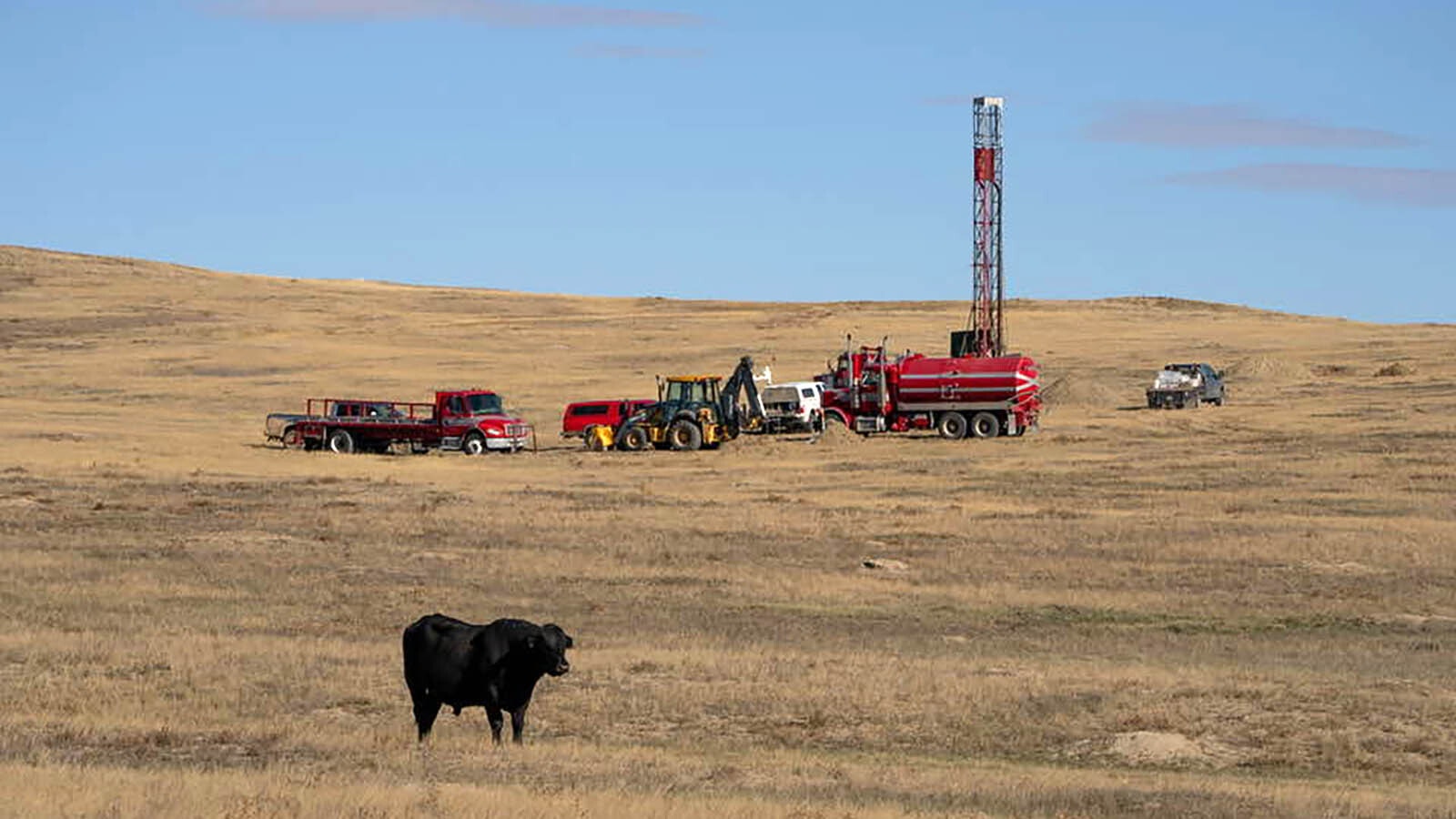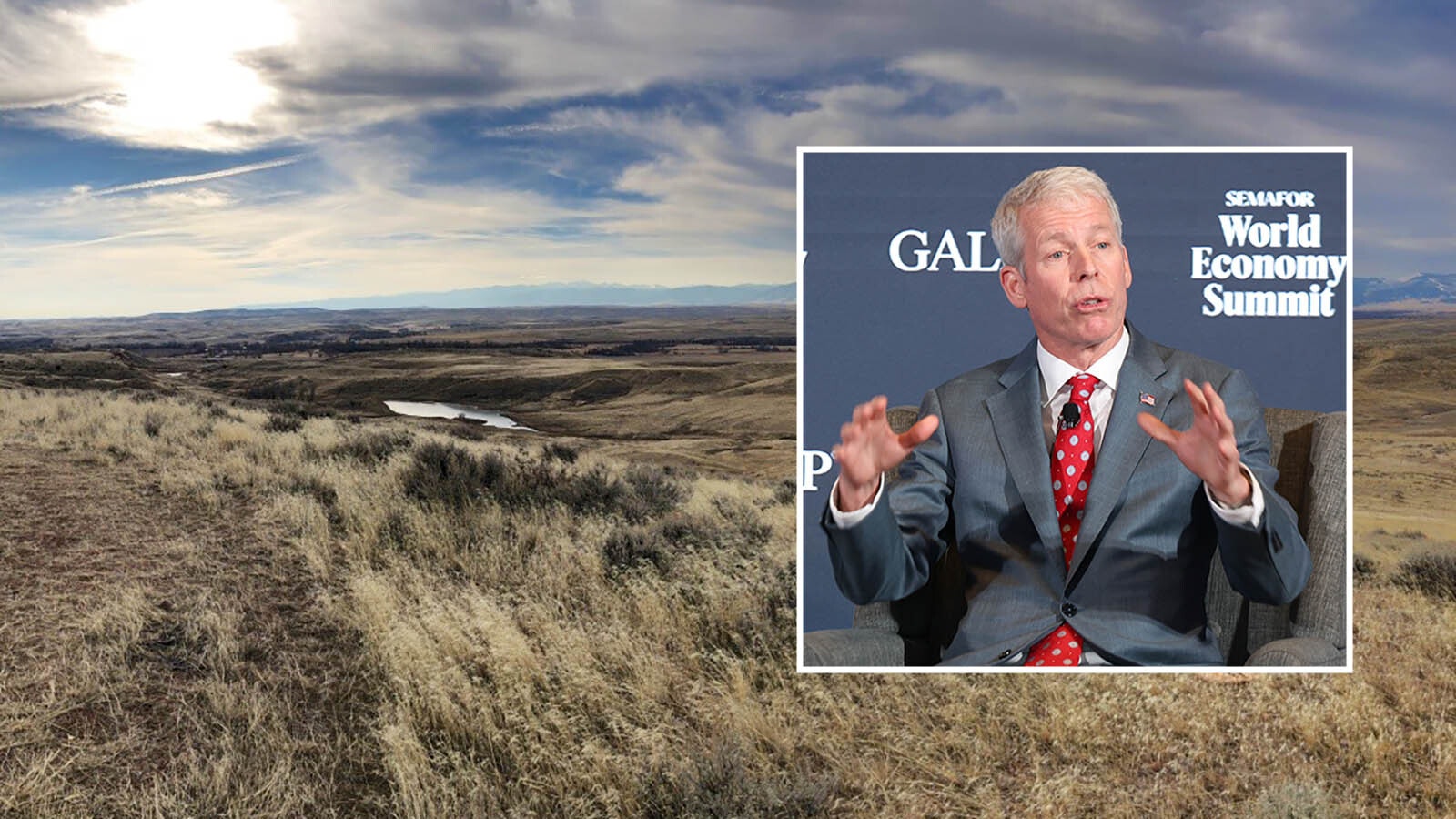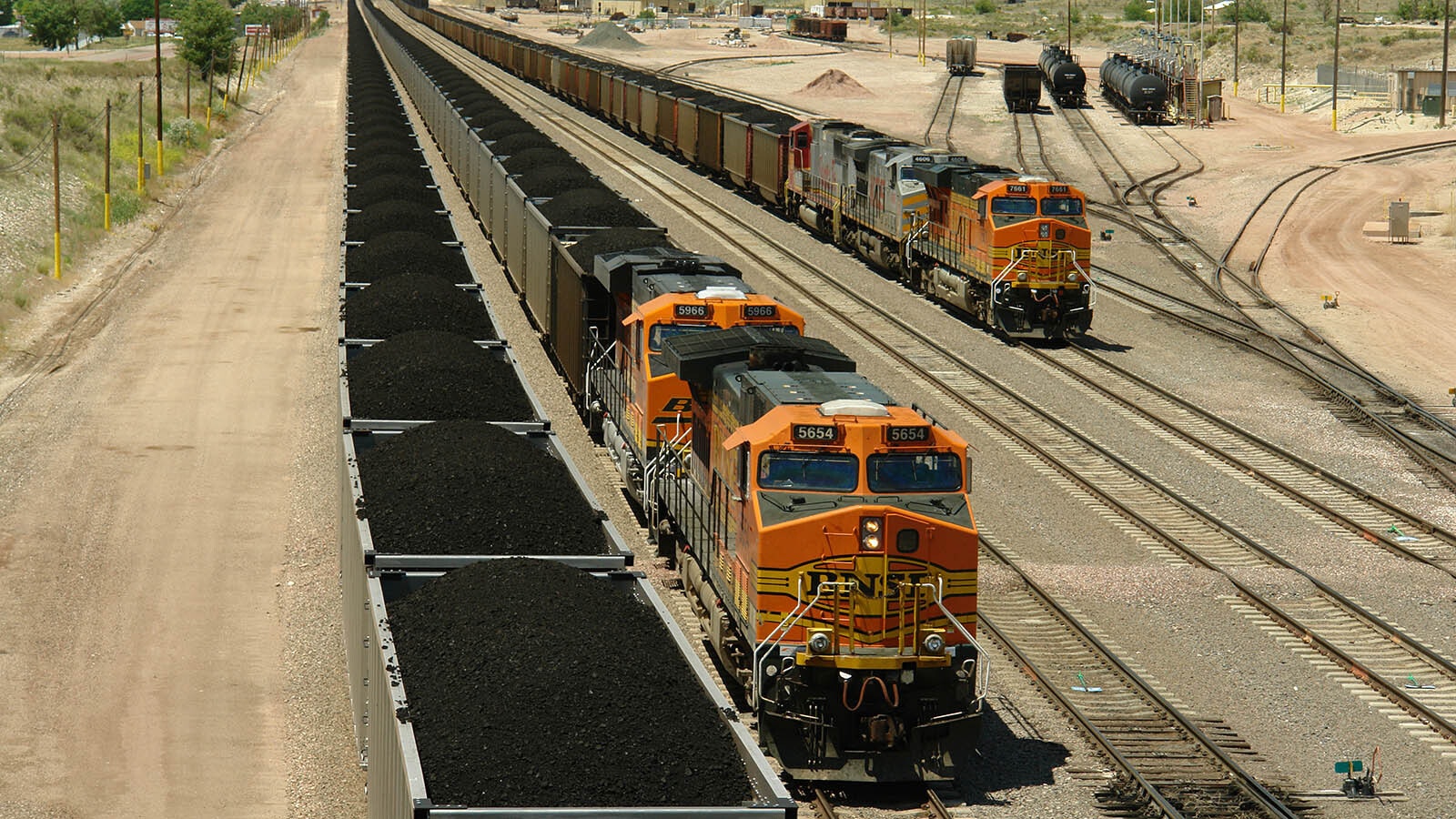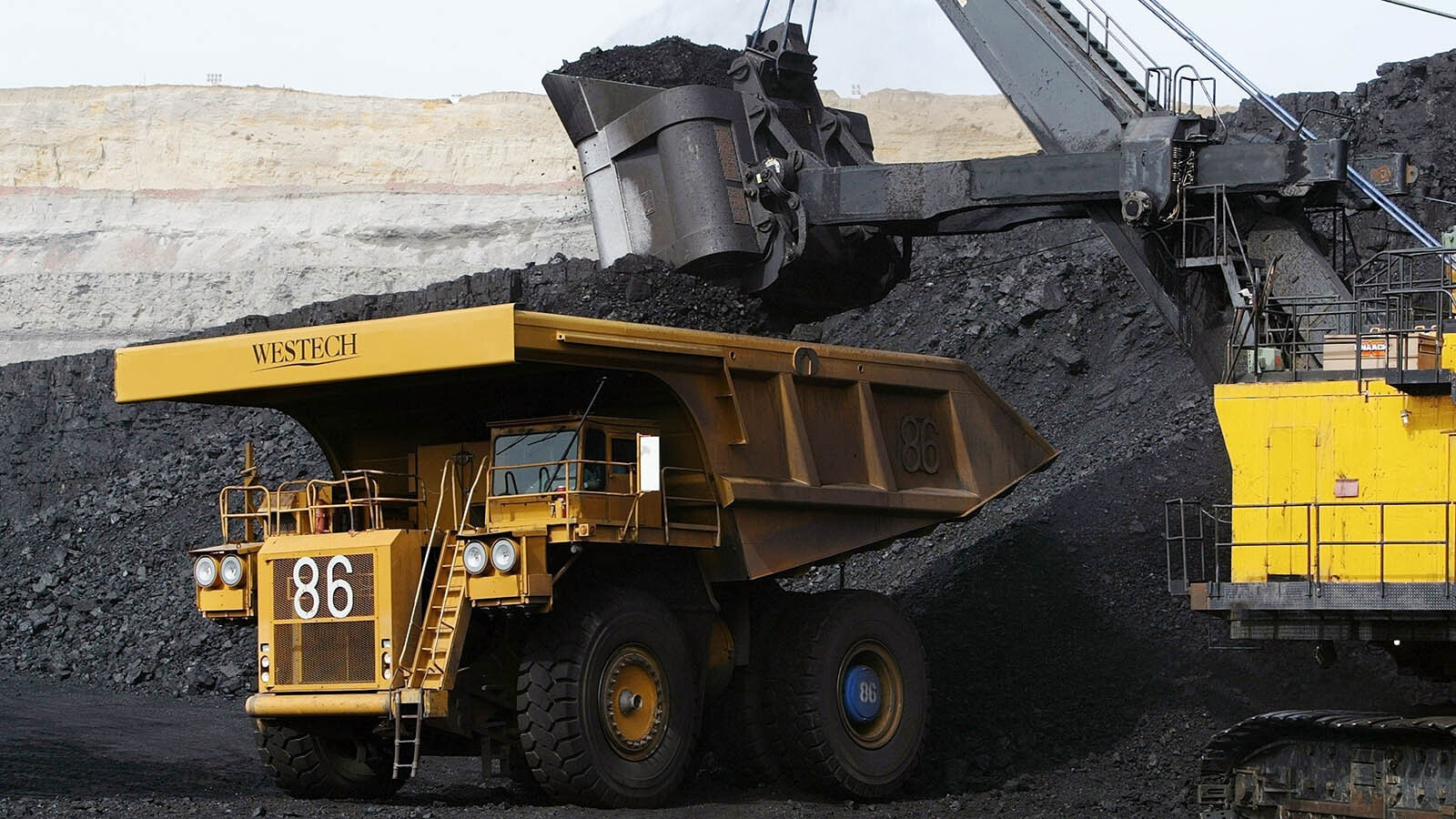A letter from President Joe Biden to oil and gas company executives blaming them for high energy prices was more hypocritical than helpful, an industry spokesman told Cowboy State Daily Tuesday.
Ryan McConnaughey, vice president and director of communications for the Petroleum Association of Wyoming, said Biden’s letter makes improper assumptions about how oil and gas prices are determined.
“He makes it seem like oil and gas companies are setting the price,” McConnaughey said. “They aren’t. Setting prices is global, so I don’t understand how they think profit margins could do this.”
Dragged Feet
In a June 14 letter to ExxonMobil, Marathon Petroleum Corp., Valero Energy Corp, Phillips 66, Shell, BP and Chevron, Biden wrote that Vladimir Putin “is principally responsible for the intense financial pain the American people and their families are bearing.”
However, he also claimed oil refining companies have dragged their feet on increasing fuel supplies they cut during the COVID pandemic when there was less demand. Less supply means higher prices and profits.
“In the year before I took office, refineries in the United States reduced their capacity by more than 800,000 barrels a day, leaving American refinery companies today at their lowest level of capacity in more than a half decade,” Biden wrote. “But at a time of war, refinery profit margins well above normal being passed directly onto American families are not acceptable.”
Policy, Not Profits
McConnaughey said oil refining capacity in Wyoming and the nation has indeed dropped over the last few years, but the decline is due more to policy than profits. He said refiners are doing what they can to keep up with demand.
“Nationwide refining capacity is something like 93%, so when you’re running that high at utilization, that is a weak argument,” he said. “They are operating now at about as close to max as you can get.”
Last we saw for our region — Colorado, Wyoming and Utah — we were running almost at 99 percent capacity, he continued. “That’s pretty good utilization in the Rocky Mountains.”
According to the U.S. Energy Information Administration, five Wyoming oil refineries had the capacity to refine 177,500 barrels of oil per day in 2017. That went down to 168,500 for the next three years. In 2021 capacity fell again to where it is presently at 125,850 barrels. Wyoming has one less refinery now than in recent years. Today there are oil refineries in Casper, Sinclair, Douglas and Newcastle. The refinery in Cheyenne is being rebuilt to produce renewable diesel.
EPA
McConnaughy said the drop in capacity in 2021 was mainly due to the conversion of the refinery in Cheyenne.
That conversion was was the result of the Environmental Protection Agency failing to renew the exemptions for the federal requirements that refineries blend fossil fuels with a certain percentage of renewable fuels such as ethanol.
Biden told oil company executives that they could take immediate actions to increase the supply of gasoline, diesel and other refined products, thereby reducing prices, but McConnaughey wasn’t sure what the president meant by that statement.
“It’s not like flipping a switch and getting more capacity,” he said. “That is kind of the hypocrisy of the president’s letter — asking for an increase in capacity on one side and then on the other side his policies are making it more difficult for investors to invest in the oil and gas industry.”
Major Investment
McConnaughey said increasing refinery capacity in Wyoming and the nation would require major investment. Some companies are looking at such increases, but it would be years out, he said.
He added the president’s letter was just another attempt by the administration to shift blame and direct the outrage that high oil and gas prices are causing away from the administration and on to oil and gas companies.
“His administration is doing everything it can to shut down the industry and attack them when polling doesn’t look like it is in his favor,” McConnaughey said.
COVID did spark a loss in refining capacity in the U.S., but many of these reductions were already planned or underway, according to the American Fuel and Petrochemical Manufacturers.
“Political and financial pressure to move away from petroleum derived fuels, costs associated with federal and state regulatory compliance and facilities’ singular economic performance all inform these decisions,” the group said.
What can be done?
Biden wrote that if the oil companies would not help maintain and expand fuel supply, his administration “is prepared to use all reasonable and appropriate Federal Government tools and emergency authorities to increase refinery capacity and output in the near term…”
Energy Secretary
Biden directed Secretary of Energy Jennifer Granholm to convene an emergency meeting with oil companies and the National Petroleum Council, scheduled for Thursday.
Biden asked refiners prior to the meeting to provide the secretary with an explanation of any reduction in their refining capacity since 2020. He also asked for ideas on how to address inventory, price and refining capacity issues in the coming months.
McConnaughey said his organization is advocating for the government to do everything it can to increase supply. Increased drilling in Wyoming would be helpful, as would be working with global partners to refine and transport oil and gas to make it easier to distribute, he said.
McConnaughey said Putin, with his attack on Ukraine, does share some of the blame, but policies in the U.S. could be improved and changed. McConnaughey said renewable fuel standards and leasing royalty rates were two examples.
“We hope that Secretary Granholm will come away from the meeting with a willingness to work with the industry as we meet the challenges our industry is facing,” he said. “Workforce and supply chain issues continue to hamper development, and federal policies make it difficult to kickstart drilling on federal lands.”

